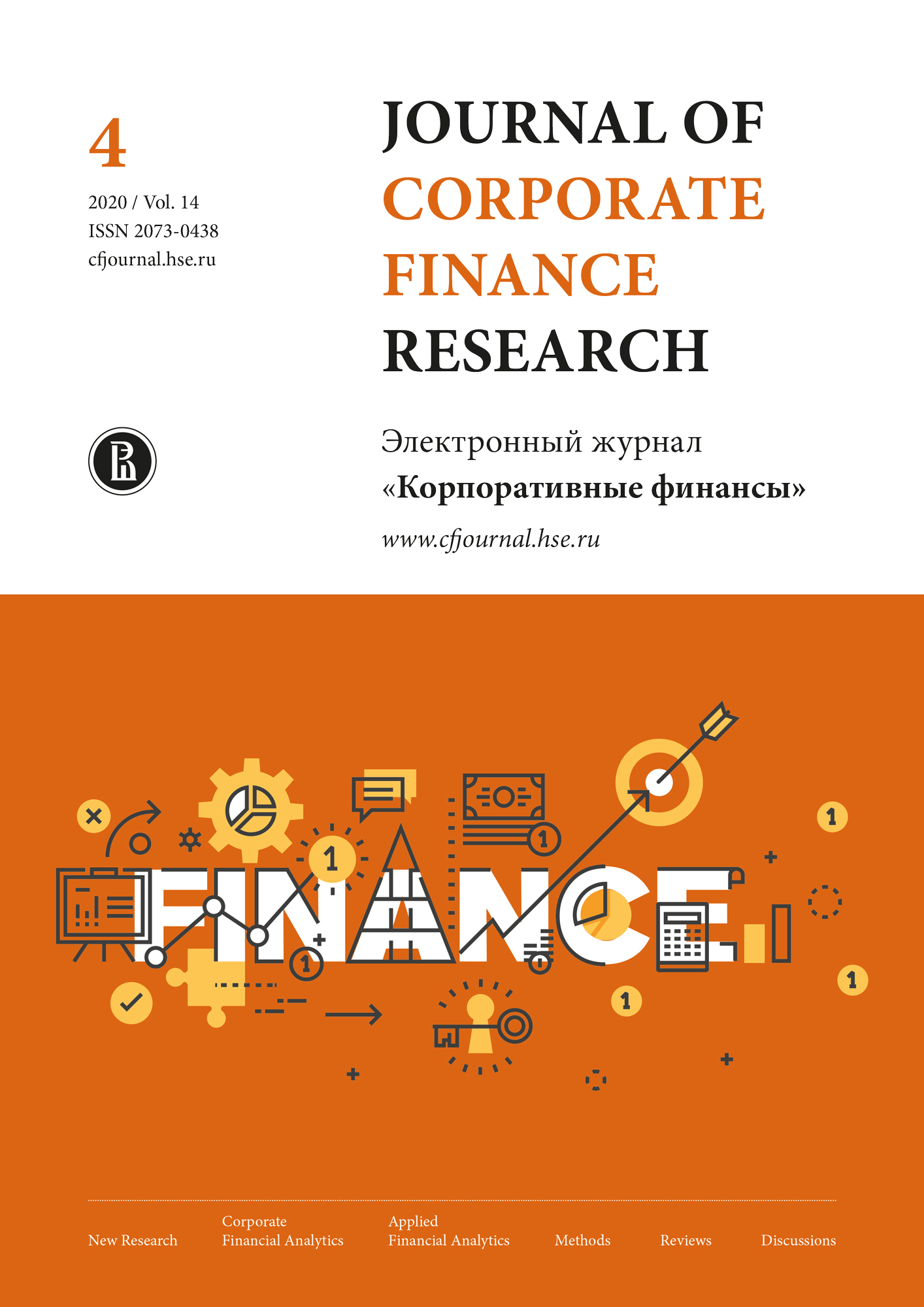Dynamic Mapping of Probability of Default and Credit Ratings of Russian Banks
Abstract
Investors are interested in a quantitative measure of banks’ credit risk. This paper maps the credit ratings of Russian banks to default probabilities for different time horizons by constructing an empirical dynamic calibration scale. As such, we construct a dynamic scale of credit risk calibration to the probability of default (PD).
Our study is based on a random sample of 395 Russian banks (86 of which defaulted) for the period of 2007-2017. The scale proposed by this paper has three features which distinguish it from existing scales: dynamic nature (quarterly probability of default estimates), compatibility with all rating agencies (base scale credit ratings), and a focus on Russian banks.
Our results indicate that banks with high ratings are more stable just after the rating assignment, while a speculative bank’s probability of default decreases over time. Hence, we conclude that investors should account for not only the current rating grade of a bank, but also how long ago it was assigned. As a result, a rising capital strategy was formulated: the better a bank’s credit rating, the shorter the investment horizon should be and the closer the date of investment should be to the rating assignment date in order to minimise credit risk.
The scientific novelty of this paper arises from the process of calibration of a rating grade to dynamic PD in order to evaluate the optimal time horizon of investments into a bank in each rating class. In practical terms, investors may use this scale not only to obtain a desired credit rating, but also to identify quantitative measure of credit risk, which will help to plan investment strategies and to calculate expected losses.

